Monsoon is a relief from the scorching summer sun. But with all the fun, come a variety of diseases—trying to prevent which leave us all with burning questions. But fear not! Here, we address all your nutrition-related concerns to keep you hale and hearty this monsoon season.
Are there any nutrition dos and don’ts we must follow during monsoon season at home?
Yes. We need to be very careful about the food we eat and the water we drink during monsoon. During monsoons, our digestion gets weakened and the dosha, which is most likely to go out of balance, is vaata. Vaata aggravation leads to gas formation and indigestion. Hence, following these few dos and don’ts will help us enjoy the rains without worrying about diseases.
1. Wash all fruits and vegetables thoroughly, particularly leafy ones, which not only contain larvae and worms but also collect dirt from the streets.
2. Eat moderate quantities of food as the body finds it harder to digest food during the monsoon.
3. Drink warm beverages–add mint or ginger or dry ginger powder to tea.
4. Moong dal is easy to digest and should be the dal of choice for the season as it enhances your body’s digestive power and improves immunity.
5. Non-vegetarians should go in for lighter meat preparations like soups and stews rather than heavy curries.
6. Avoid eating food straight out of the fridge. Fresh foods are the best, but if you like to store cooked food in the fridge, heat it gradually and thoroughly before eating.
7. Drink only boiled and filtered water
What kind of fruits and vegetables are best for this season?
The cardinal rule about eating during monsoon is that you should never eat when you are not hungry. You can eat something in the winter just because you find it appetizing. Doing this in the monsoon is an invitation to indigestion and accompanying illnesses. Hence…
1. Vegetables recommended during the rains are the non-leafy ones such as–turi, dudhi, parwal, suran, gavaar, tinda, and karela.

2. It is better to stick to seasonal fruits because non-seasonal ones tend to get infested with worms during monsoons. Pomegranates, mangoes, bananas, apples, lychees, and cherries are ideal for the monsoon
How can I protect myself from monsoon-related ailments like malaria, jaundice etc.?
During monsoon, malaria and jaundice are common due to stagnant water and contaminated food. Use mosquito repellents, creams, and nets if you stay in mosquito-prone sites or places with stagnant water.
Also, wash vegetables with clean water and steam them well to kill germs. Avoid eating uncooked food and salads unless they are organic; otherwise, clean them well.
Do not allow your kids to play in stagnant polluted water-filled puddles. Dry your feet and between the toes with a soft dry cloth whenever they are wet. If you are prone to mucus and cold, try freshly prepared radish juice. It is the best remedy for a cold! A pinch each of pipli (available at most Ayurvedic shops) and rock salt mixed in warm water reduces mucus formation.
What foods should I be wary of if I am eating outside, in restaurants?
Avoid eating chaat, pakodas, snacks, cut fruits, and juices from roadside vendors. If you are eating out, make sure the place you have chosen conforms to some basic standards of quality and hygiene or you can acquire serious infections like viral fever, diarrhoea, and other water-borne diseases.

Also…
1. Raw vegetables are to be avoided during monsoon as uncooked foods can contain various disease-carrying agents.
2. Avoid fried food and large meals, purely because they bring about indigestion.
A few precautions coupled with care really help you to enjoy monsoon. So, have a healthy and safe monsoon!

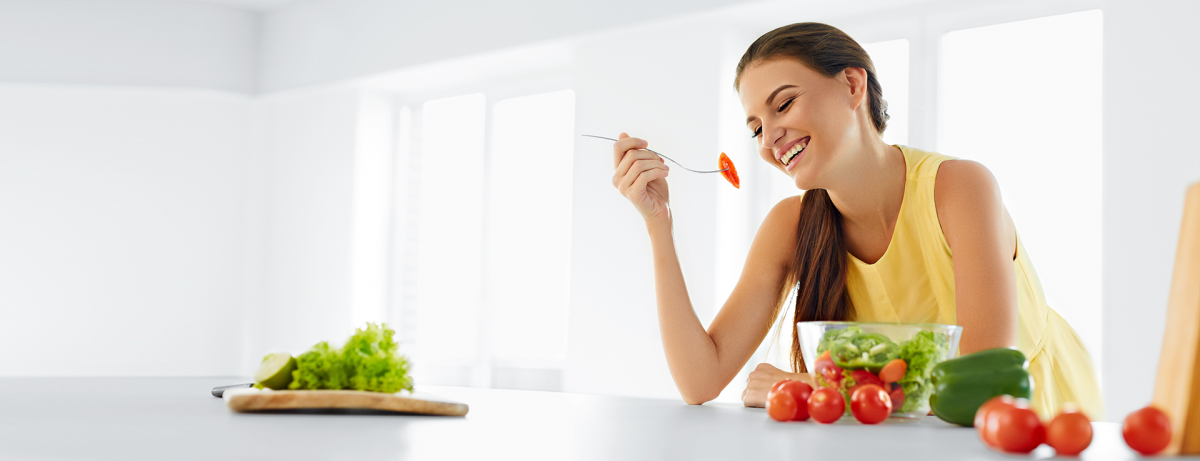




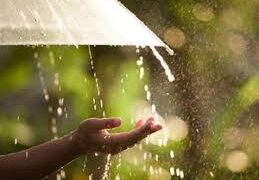

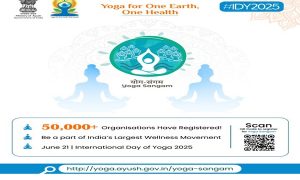

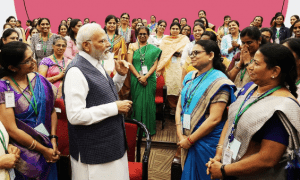









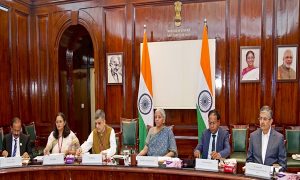

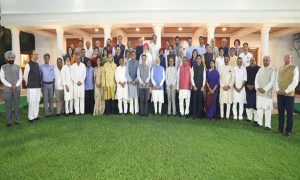





 WhatsApp us
WhatsApp us